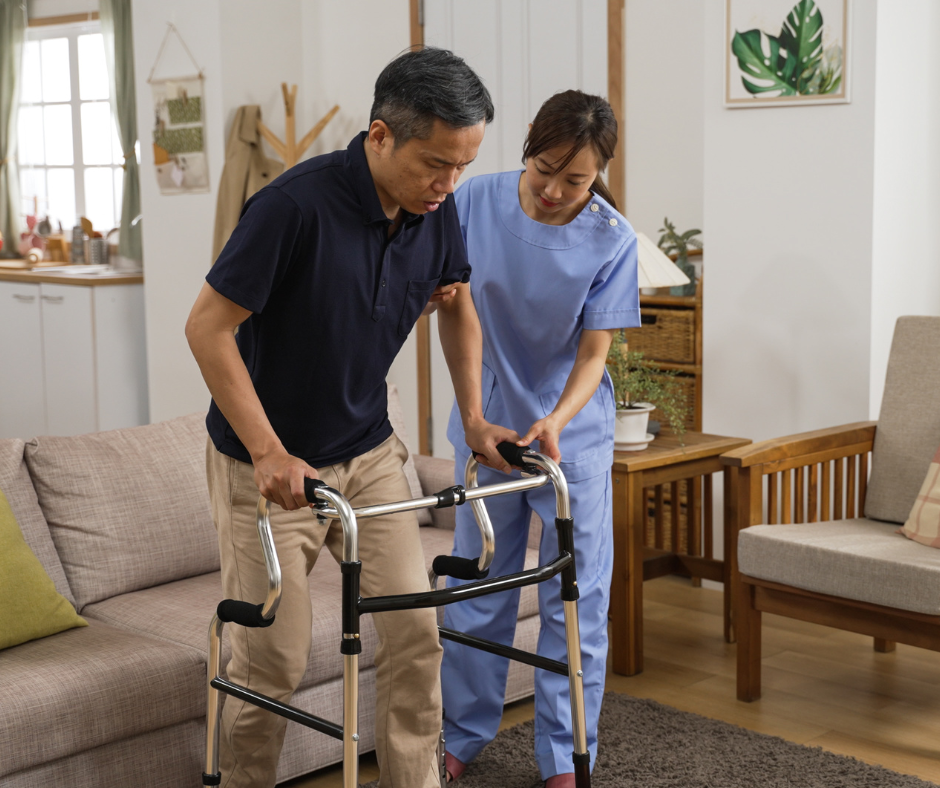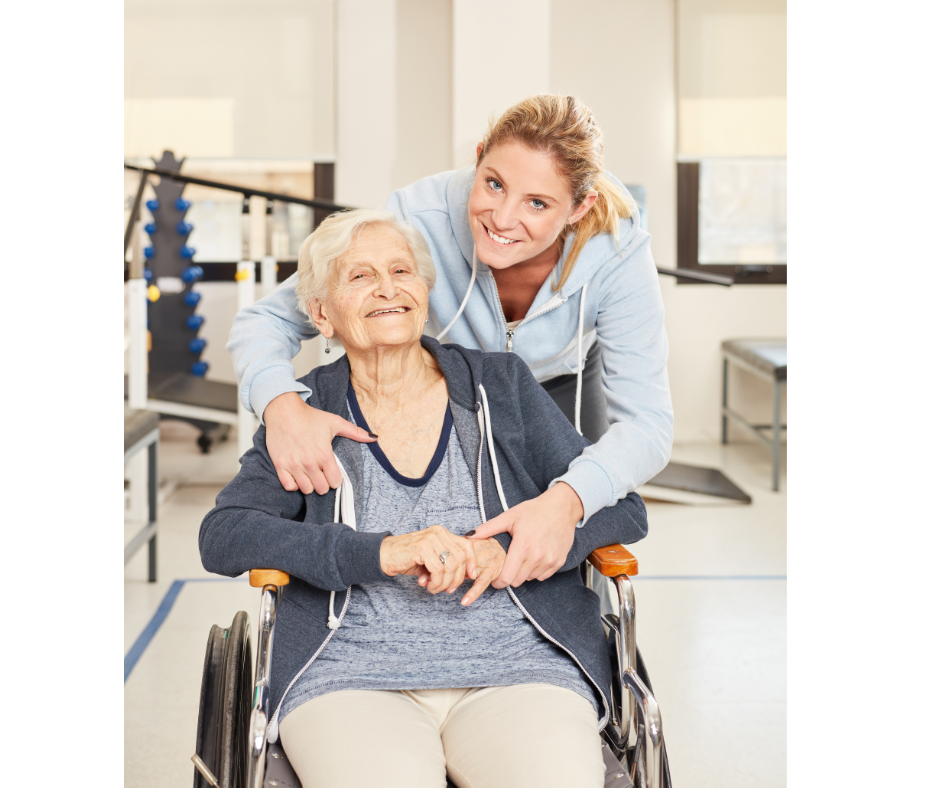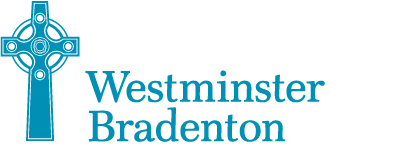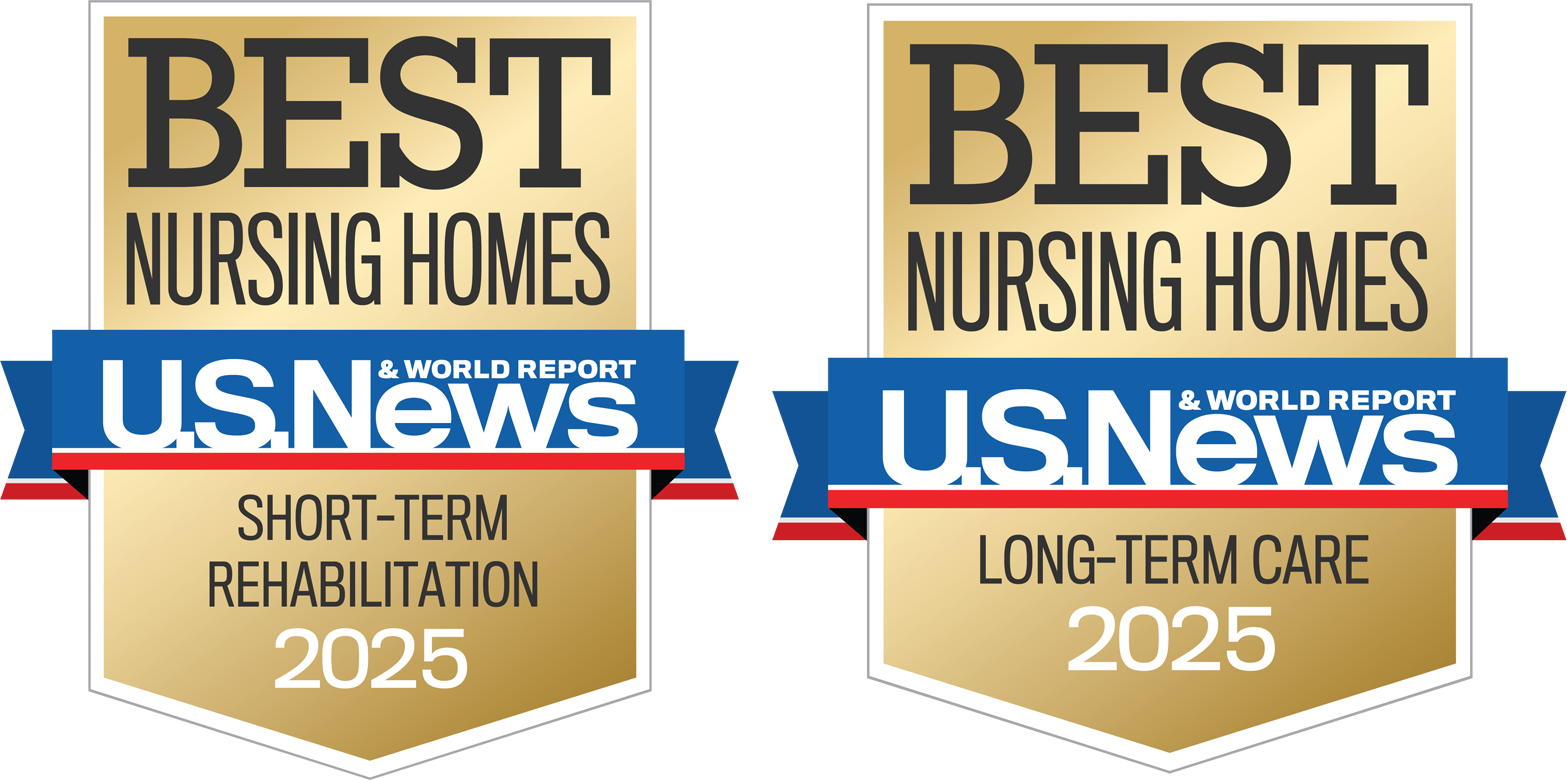The journey back from a health setback can be challenging. Whether you’re recovering from surgery, a fall, stroke, or other medical event, the path to regaining independence often requires determination, expert support, and a nurturing environment. Throughout Florida’s senior living communities, remarkable stories of recovery unfold daily – not through miracles, but through structured rehabilitation programs and unwavering community support.
Skilled Nursing Rehabilitation: The Bridge Back to Independence
For many, the rehabilitation journey begins in a skilled nursing setting, where professional therapists implement personalized recovery plans. This specialized care serves as a critical bridge, helping you transition from hospital to home or to your appropriate level of care.
The most successful rehabilitation programs address not just physical recovery but also emotional well-being. When you face a health challenge, having experienced professionals who understand both the physical and emotional aspects of recovery can make all the difference in your rehabilitation journey.
Modern skilled nursing rehabilitation programs typically offer:
- Personalized therapy plans tailored to your specific needs and goals
- State-of-the-art equipment that accelerates recovery
- Regular progress assessments that adjust your program as you improve
- Emotional support to help you navigate the challenges of recovery
- Training for daily activities that will be essential upon your return home
What makes these programs particularly effective is their ability to adapt to your changing needs as you progress through your recovery journey.
Life Plan Communities: Comprehensive Recovery Support
One of the significant advantages of rehabilitation within life plan communities is the seamless continuum of care available throughout your recovery. Rather than navigating transfers between unrelated facilities, you can progress through different levels of support within the same community.
This continuity provides several key benefits:
- Your medical information and recovery history stay within one system
- Caregivers already familiar with your needs can monitor your progress
- Your support network of friends and community members remains constant
- Environmental transitions are less stressful as you remain in familiar surroundings
- Your care team can anticipate challenges before they arise
When rehabilitation occurs within this comprehensive support system, recovery often progresses more smoothly with fewer setbacks.
From Hospital to Independent Living: Success Through Support
Many rehabilitation success stories begin with significant medical events that temporarily disrupt independent living. A stroke, fall, or major surgery can suddenly change your abilities and living situation. However, with appropriate rehabilitation support, return to independence is often achievable.
The journey typically involves these phases:
Initial Intensive Rehabilitation
During early recovery, rehabilitation in a skilled nursing environment focuses on regaining basic functions and building strength. This period often involves:
- Daily therapy sessions with physical, occupational, and sometimes speech therapists
- Learning to use adaptive equipment if necessary
- Managing pain while increasing activity levels
- Building core strength and stability to prevent future injuries
- Adapting to any new physical limitations

Transitional Support in Assisted Living
As you regain function but still need some assistance, an assisted living environment can provide the perfect balance of support and independence. During this phase, rehabilitation often focuses on:
- Practicing daily activities in a supported setting
- Building confidence in mobility and self-care
- Strengthening social connections that support emotional recovery
- Learning to manage medications and health needs
- Finding new ways to engage in meaningful activities
Return to Independent Living
The ultimate goal for many is returning to independent living, whether in a community setting or private residence. Successful transitions typically include:
- Home assessments to identify potential challenges or needed modifications
- Continued outpatient therapy to address specific remaining challenges
- Wellness programs that maintain and build upon rehabilitation gains
- Preventative strategies to reduce the risk of future setbacks
- Community engagement that supports both physical and emotional health
Throughout this journey, the consistent support available within senior living communities provides both the professional expertise and emotional encouragement essential for success.
Memory Care Rehabilitation: Specialized Approaches for Cognitive Challenges
Recovery becomes more complex when cognitive challenges are involved, but specialized memory care rehabilitation programs have developed effective approaches for supporting recovery even with these additional considerations.
Successful memory care rehabilitation typically incorporates:
- Consistent routines that reduce confusion and build confidence
- Familiar environments that support spatial recognition
- Multi-sensory therapy approaches that engage different cognitive pathways
- Simplified instructions broken into manageable steps
- Celebration of even small accomplishments to build motivation
These specialized approaches recognize that cognitive challenges require adaptation but don’t prevent significant recovery and improvement.
Senior Living Communities: Building Recovery Through Relationships
One of the most powerful aspects of rehabilitation within senior living communities is the social support that naturally develops. Unlike recovering in isolation at home, community-based recovery offers:
- Peer support from others who understand the rehabilitation journey
- Encouragement from staff who recognize even small improvements
- Opportunities to practice social skills that are vital for overall recovery
- Meaningful relationship connections that motivate continued progress
- Scheduled activities that provide structure and purpose during recovery
These social connections often become a crucial component of successful rehabilitation, providing emotional support that complements professional therapy.

Rehabilitation Technology in Life Plan Communities
Today’s life plan communities often feature advanced rehabilitation technology that wasn’t available even a decade ago. These innovations can significantly enhance recovery outcomes:
- Computer-assisted balance training systems that provide real-time feedback
- Virtual reality programs that make therapy engaging and measurable
- Robotic-assisted walking devices that support partial weight-bearing
- Digital monitoring tools that track progress with precision
- Adaptive equipment that bridges the gap between current abilities and goals
The availability of these technologies within community settings means you don’t need to travel to specialized centers to access cutting-edge rehabilitation approaches.
Assisted Living: Supporting the Final Steps to Independence
The transition from rehabilitation to fully independent living often includes a period in assisted living, where you can continue to strengthen abilities while having support available when needed. This crucial phase allows you to:
- Practice managing daily activities with decreasing levels of assistance
- Build confidence in your recovered abilities
- Address any remaining challenges in a supported environment
- Gradually increase your activity level and independence
- Create new routines that accommodate any permanent changes
This transitional support often makes the difference between partial and complete recovery, providing the security needed to push beyond perceived limitations.
Supporting Your Rehabilitation Journey
If you or a loved one faces a rehabilitation journey, consider these strategies for maximizing success:
- Choose a community that offers the full continuum of care, from skilled nursing through independent living
- Ask specific questions about rehabilitation success rates and typical timelines
- Visit therapy spaces to see the available equipment and approaches
- Speak with current residents about their rehabilitation experiences
- Understand how the community supports emotional well-being during recovery
- Learn about options for family involvement in the rehabilitation process
With the right support system, recovery from even significant health setbacks is often more achievable than you might initially believe.
The Power of Community in Rehabilitation Success
Throughout Florida’s senior living communities, rehabilitation success stories share common elements: expert professional support, appropriate environments for each recovery stage, and the powerful motivation that comes from community encouragement.
When recovery happens within this supportive context, the journey from dependence to independence becomes not just possible but often exceeds initial expectations. The combination of skilled therapeutic intervention and genuine community support creates the ideal conditions for regaining abilities and confidence after health setbacks.
While the rehabilitation journey is rarely easy, the right environment can transform it from a discouraging struggle to a series of meaningful achievements – each one bringing you closer to renewed independence and quality of life.
Westminster Communities of Florida® is a faith-based, not-for-profit organization serving older adults since 1954, with more than 7,000 residents in 22 communities. For more information about our communities and services, visit https://westminstercommunitiesfl.org/






